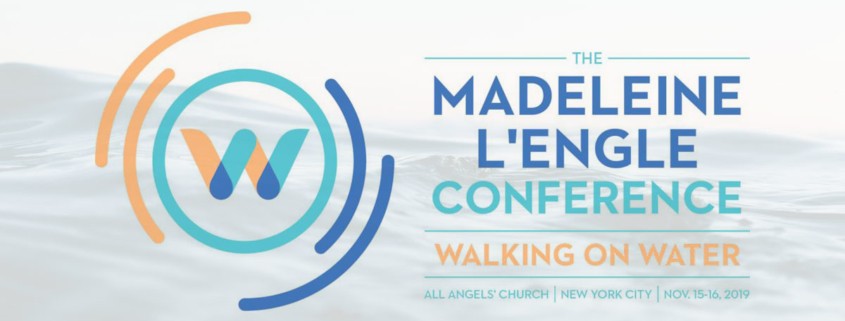Dear ones,
Few seasons have us as toss’d and torn in different directions as the holidays do. If you’re already tired (or just anticipating the fatigue), allow us to offer you, um, A Circle of Quiet (see what I did there?).
Today I’m so happy to share a reflection from Barbara Braver, Madeleine’s friend and former housemate. Barbara, along with Sarah Arthur, led a reflective retreat the day before the Walking on Water Conference last month. Her words fed souls, sure, but they also elicited a lot of nodding heads and busy pens-on-paper. Especially this one:
“There is no such thing as coincidence,” Barbara said, quoting English mystic Evelyn Underhill. “It is God’s universe caught in the act of rhyming.”
Following Barbara’s words, below, are the poems she referenced and read during the retreat. Be still for a few minutes and enjoy:
“William Temple, a theologian who served as Archbishop of Canterbury in the mid-1900’s, once reflected: ‘When I pray coincidences happen, and when I don’t, they don’t.’ Swiss psychologist, Carl Jung, coined the word ‘synchronicity’ to describe what he observed as the ‘fact of meaningful coincidence …’
“Oh, and I have experienced this rhyming universe. As I am able to attune myself to them, fresh words and new rhyming schemes appear. My friend Mary calls to ask me how I am doing when, as a matter of fact, I’m not feeling terribly jolly and could most definitely use her encouraging word. I am thinking with gratitude of my dear father – now gone from any visible place and thus unavailable to me as it seems for some 40 years – and his favorite opera starts up on my car radio. Because I think it is a lucky thing to find coins dropped on the sidewalk, they pop up at just the right moment – and it’s not about being richer by five cents but about the unexpected ‘luck.’

Barbara Braver. Courtesy of Lorna Rande.
“Yes, I believe it is so. Our universe does rhyme. And why is this? My own sense is that I am receiving a message from the loving force at the center of the universe, a force that Jung said ‘cannot be understood as anything except a phenomenon of energy.’ I name this force as God, but the name doesn’t so much matter. It is the love that matters.
“I believe we are held and cared for. I believe life is an opportunity to ponder, and sometimes to laugh at the weirdness of things, the improbability, the tragedy, the circumstances we would never have imagined, the love unexpected and present, the weakness unanticipated, the strength that comes when we need it.
“Yes, I believe there is no such thing as coincidence. In God’s universe we are all caught up, held, in the force of a love that binds us all together. I am listening. I am attentive. I am eager to feel the love. I need, every day, to hear the rhyme.”
Poems referenced by Barbara Braver during the retreat (with text for harder-to-find poems):
- Last night as I was sleeping – Antonio Machado
- Layers – Stanley Kunitz
- Love after Love – Derek Walcott
- Luci Shaw wrote a poem inspired by a line from Marge Piercy: “The pitcher cries for water to carry …” It is in her book, Eye of the Beholder.
- Two prayers/poems were included from Praying Our Days: A Guide and Companion by Frank T. Griswold.
Our true home is in the present moment – Thich Nhat Hahn – Life Prayers/367
Our true home is in the present moment.
To live in the present moment is a miracle.
The miracle is not to walk on water.
The miracle is to walk on the green Earth in the present moment,
to appreciate the peace and beauty that are available now.
Peace is all around us in the world and in nature, and within us;
It is in our bodies and our spirits.
Once we learn to touch this peace, we will be healed and transformed.
It is not a matter of faith, it is a matter of practice.
Percy (9) – Mary Oliver
Your friend is coming I say
To Percy, and name a name
And he runs to the door, his
Wide mouth in its laugh-shape,
And waves, since he has one, his tail.
Emerson, I am trying to live,
As you said we must, the examined life.
But there are days I wish
There was less in my head to examine,
Not to speak of the busy heart. How
Would it be to be Percy, I wonder, not
Thinking, not weighing anything, just running forward.
Growth – Priscilla Triebs
Like any seed, I must endure the split,
Live out the cruel dividing pain of it,
Release the outer form to inner heart
So growth can push resisting rims apart;
Allow the dull protective coat to shred
And lie in dry brown husks, completely dead.
New miracle…now watered by my grief;
Emerges sturdy stem and tender leaf.
A Morning Offering – Philaret, Metropolitan of Moscow, 1821-1867.
Lord, grant me to greet the coming day in peace.
Help me to rely upon your holy will.
In every hour of the day reveal your will to me.
Bless my dealings with all who surround me.
Teach me to treat all that comes to me throughout the day with peace of soul
and with firm belief that your will governs all.
Guide my words and deeds, my thoughts and feelings.
Teach me to act firmly and wisely, without embittering or embarrassing others.
Give me strength to bear the fatigue of the coming day with all that it shall bring.
Direct my will, teach me to pray, pray yourself in me. Amen.
Patient Trust – Pierre Teilhard de Chardin.
Above all, trust in the slow work of God.
We are quite naturally impatient in everything
to reach the end without delay.
We should like to skip the intermediate stages.
We are impatient of being on the way to something
unknown, something new.
And yet it is the law of all progress
that it is made by passing through
some stages of instability –
and that it may take a very long time.
And so I think it is with you.
Your ideas mature gradually—let them grow,
let them shape themselves, without undue haste.
Don’t try to force them on,
as though you could be today what time
(that is to say grace and circumstances
acting on your own good will)
will make of you tomorrow.
Only God can say what this new spirit
gradually forming within you will be.
Give our Lord the benefit of believing
that his hand is leading you,
and accept the anxiety of feeling yourself
in suspense and incomplete.
Peace, love, joy, and hope to you this season,
Erin Wasinger, for MadeleineLEngle.com.













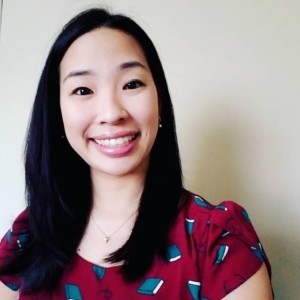 RuthAnn Deveney works in corporate learning and development and loves walking around her small town of Kennett Square, Pennsylvania. She lives there with her husband, dog, and a huge
RuthAnn Deveney works in corporate learning and development and loves walking around her small town of Kennett Square, Pennsylvania. She lives there with her husband, dog, and a huge 
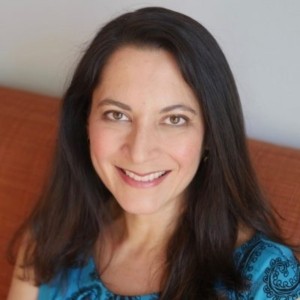
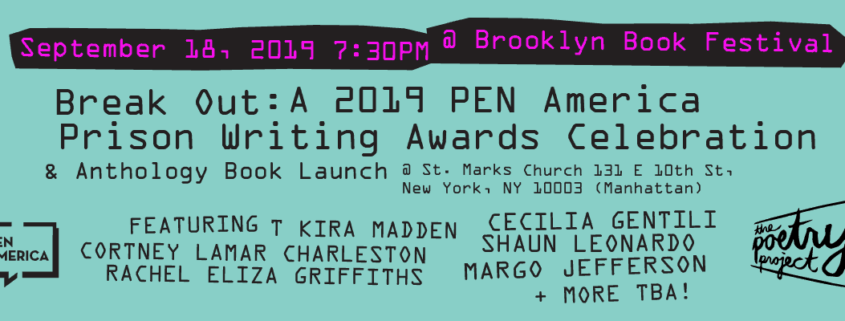



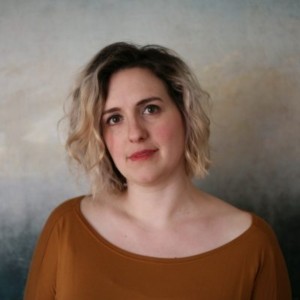

 how mass media and visual culture shape notions of truth and understanding of the “other.” Her project about Internet censorship, FIREWALL, garnered backlash from Chinese state authorities in 2016 and was presented at Lincoln Center in NYC and the Oslo Freedom Forum in Norway. She has exhibited internationally, receiving support and press from a wide variety of publications and groups. She is based in NYC and teaches as an Assistant Professor of Art & Digital Media at Marist College.
how mass media and visual culture shape notions of truth and understanding of the “other.” Her project about Internet censorship, FIREWALL, garnered backlash from Chinese state authorities in 2016 and was presented at Lincoln Center in NYC and the Oslo Freedom Forum in Norway. She has exhibited internationally, receiving support and press from a wide variety of publications and groups. She is based in NYC and teaches as an Assistant Professor of Art & Digital Media at Marist College.